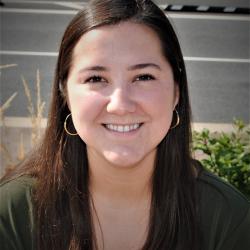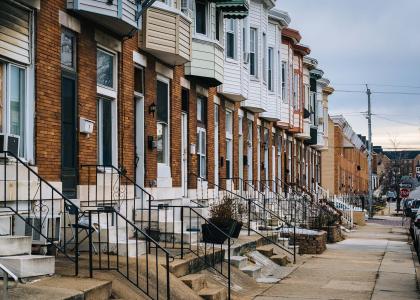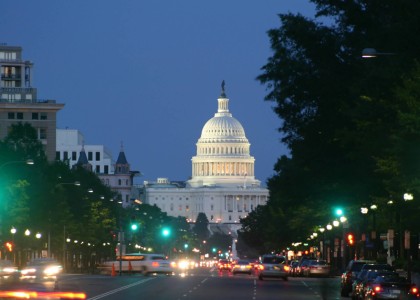Today, Michael R. Bloomberg announced Charlotte as the nineteenth winning city of Bloomberg’s American Cities Climate Challenge, of which ACEEE is an official partner.
“With Washington asleep at the wheel, cities like Charlotte are leading the way in the fight against climate change,” said Bloomberg, the UN Secretary-General’s Special Envoy for Climate Action. His foundation’s $70 million program, launched in June, will help 20 winning cities accelerate their ambitious climate efforts.
Over the next two years, the Climate Challenge will provide these cities with significant resources, including technical assistance and staff capacity, to help them reduce carbon emissions by saving energy and using clean energy sources. The selected cities will target energy savings in the buildings and transportation sectors, the sectors most responsible for energy use and carbon emissions.
ACEEE will partner with the Climate Challenge by expanding our efforts to monitor and evaluate city actions. Our independent City Clean Energy Scorecard (formerly City Energy Efficiency Scorecard), the premier tool for assessing local energy efficiency policies and programs, will now include a focus on renewable energy and increased emphasis on policy performance and social equity outcomes. The 2019 City Scorecard will expand from scoring 51 of the largest US cities to 75, with the goal of assessing 100 in future editions.
Cities’ climate change commitments have resulted in a spur of innovative activities, and many cities are using energy efficiency to meet their goals. For example, on Tuesday, Washington, DC passed a landmark clean energy bill that requires its utilities to source all electricity from wind and solar by 2032 and its existing buildings to meet energy efficiency standards.
But action is not limited to the Climate Challenge cities. Across the country, local governments are putting efficiency at the forefront of climate action. New York City is building on Local Law 84, which requires property owners to measure, benchmark, and publicly report building energy and water consumption as one step in its plan to reduce emissions in line with the Paris Agreement. Most recently, Denver’s City Council passed a revised Green Buildings Ordinance, which requires buildings more than 25,000 square feet to include cool roofs, green roofs, LEED Silver building certifications, or solar panels.
The Climate Challenge cities will serve as models for building public-private and community-based energy efficiency strategies, which can save money, create jobs, clean the air, and protect health. ACEEE is excited to support these cities—and cities across the nation—in their pursuit to save energy and reduce carbon emissions.



